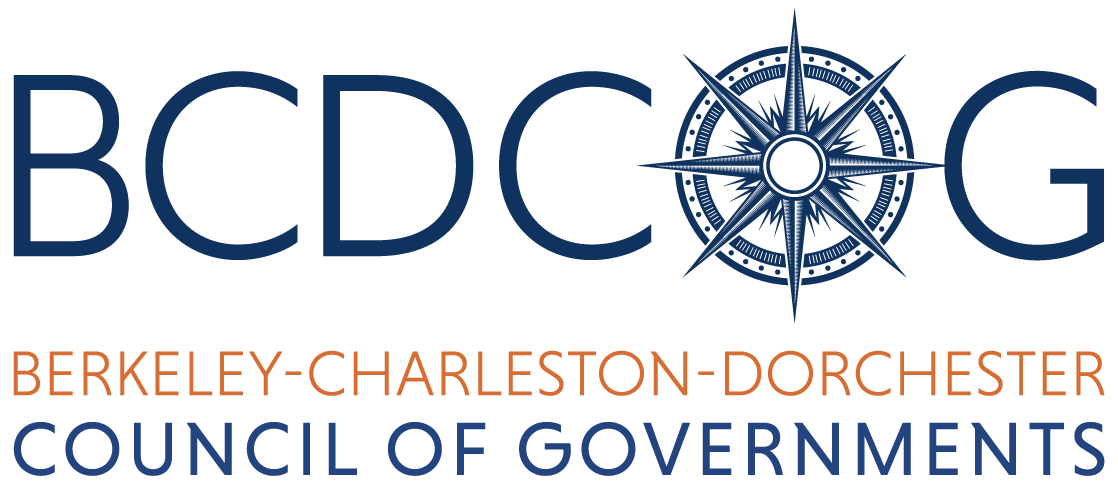NORTH CHARLESTON, S.C. (October 9, 2019) – The Berkeley-Charleston-Dorchester Council of Governments received approval from the U.S. Department of Transportation recently to initiate project development for the Lowcountry Rapid Transit project under the Federal Transit Administration’s Capital Investment Grant program as a New Starts Project.
FTA’s CIG program is a discretionary grant program that funds fixed guideway transit capital projects. The program requires agencies to complete a multi-step, multi-year process to be eligible for funding. The first phase is called Project Development.
“Receiving preauthorization to enter the project development phase is an important step forward in making LCRT a reality in our region,” said Ron Mitchum, the BCDCOG’s executive director. “This step opens the opportunity for future funding and puts us in position to continue generating forward momentum and progress on the project.”
LCRT 101
Lowcountry Rapid Transit is a proposed 26-mile bus rapid transit system connecting the communities of Charleston, North Charleston and Summerville along the US 78/US 52 (Rivers Avenue) corridor. LCRT is projected to improve transit and enhance regional mobility in one of the most important and most congested corridors in the state.
“LCRT would provide residents with safe, reliable and frequent transit access to opportunities throughout the region,” said Sharon Hollis, the BCDCOG’s principal planner and LCRT project lead. “Connections between communities and employment centers would be enhanced and would also accommodate other modes such as biking and walking.”
Next Steps
During the Project Development phase, the BCDCOG will be required to complete a two-year federally-mandated environmental review of the entire alignment under the National Environmental Policy Act and select a locally preferred alternative. The NEPA process allows the project team to learn as much as possible about the local area and communities in order to reach a decision that best meets the needs of the community and minimizes or avoids impacts to the environment and communities.
At its completion, LCRT is expected to begin revenue service in late 2025.
“Being able to adjust to the rapid growth in our region is important when we consider mobility as a key factor in the expansion,” said Mitchum. “BCDCOG is very excited for this advancement in the LCRT process and is ready to improve not just transit for our residents and visitors in the Tricounty area, but their quality of life as well.”

